KS1 and KS2 Telling The Time Worksheets
Learning to Tell the Time (A)
Year groups: 1
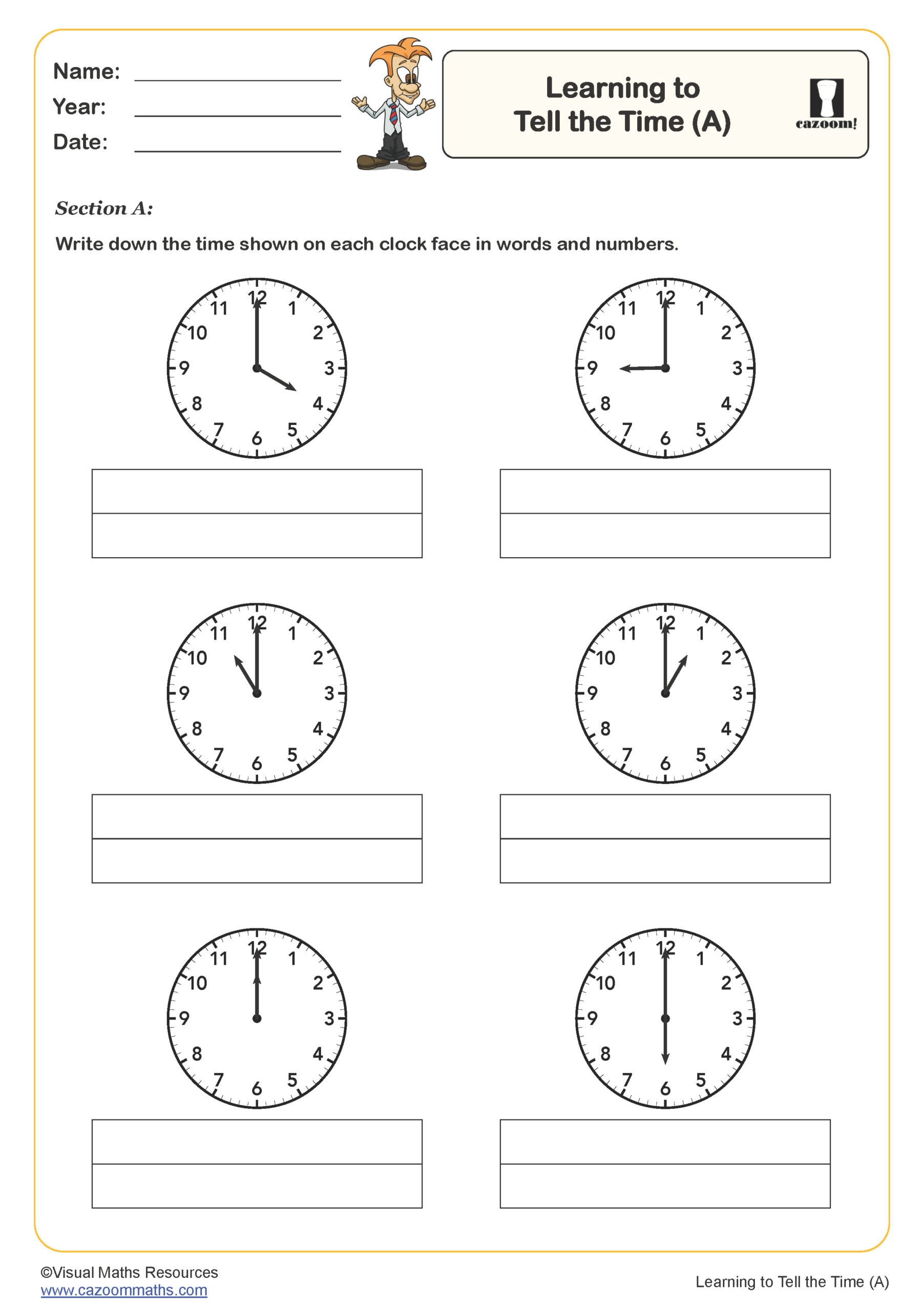
Learning to Tell the Time (B)
Year groups: 1
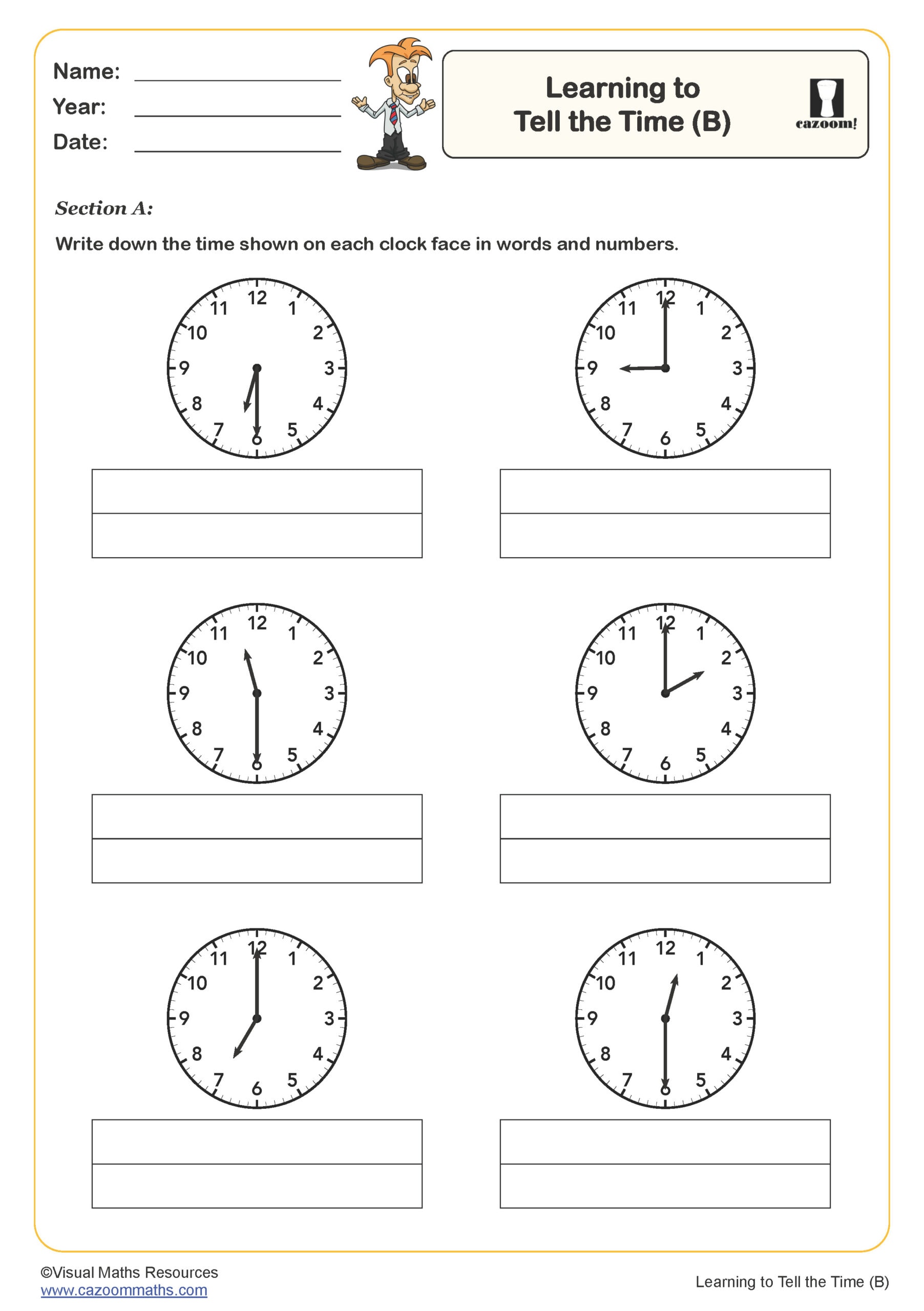
Learning to Tell the Time (C)
Year groups: 1, 2
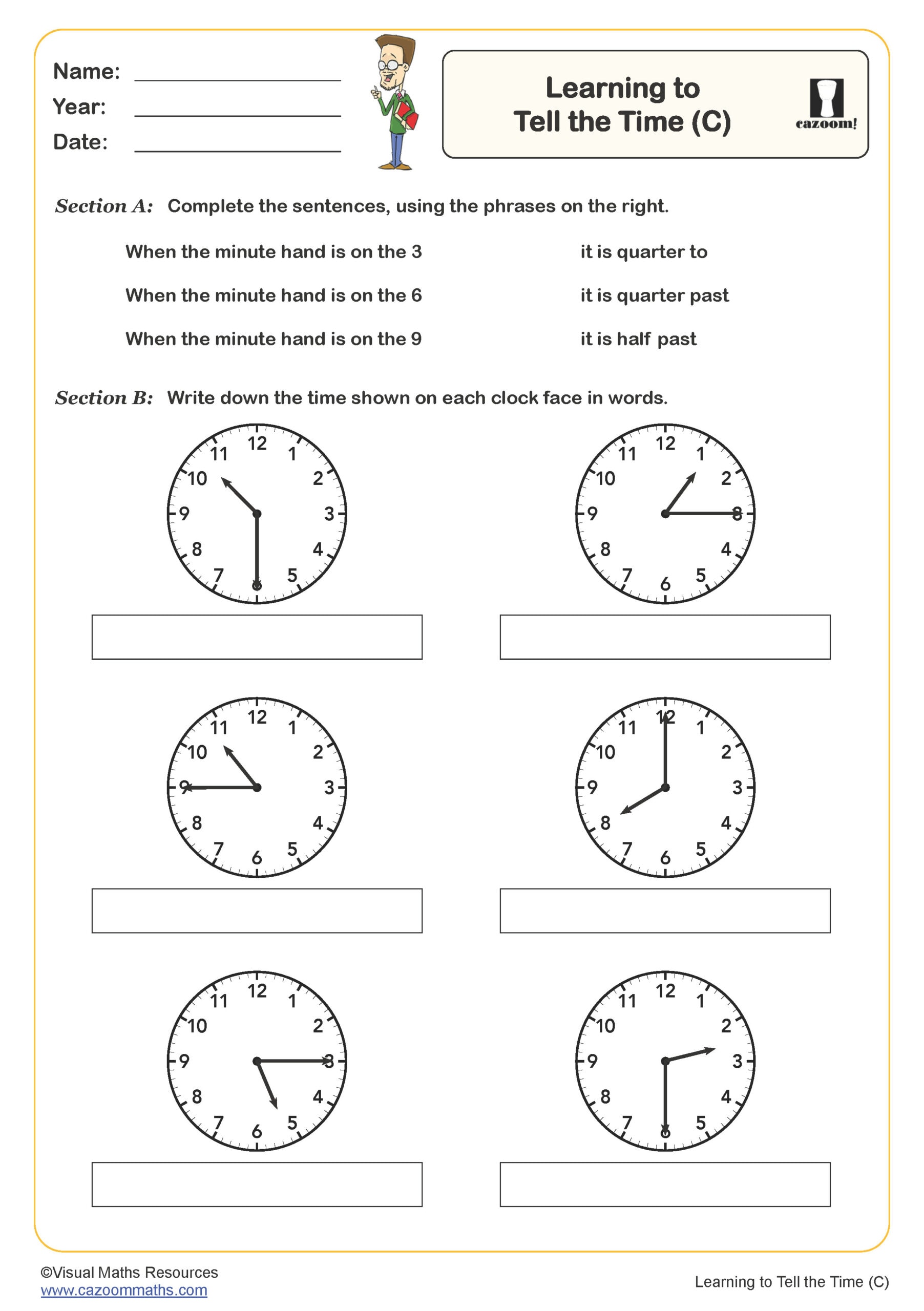
Ordering Dates and Events
Year groups: 1
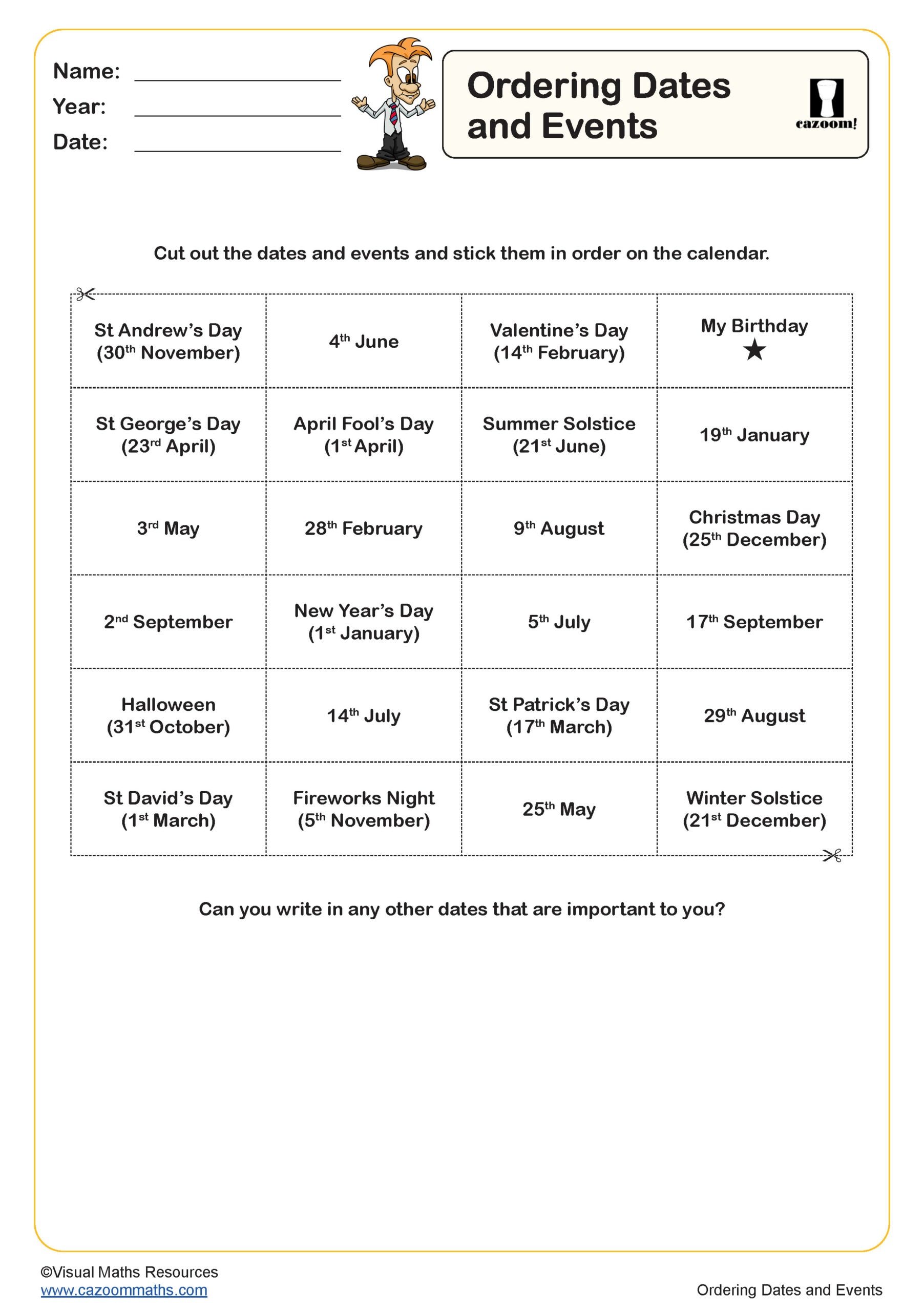
Ordering Time (A)
Year groups: 1
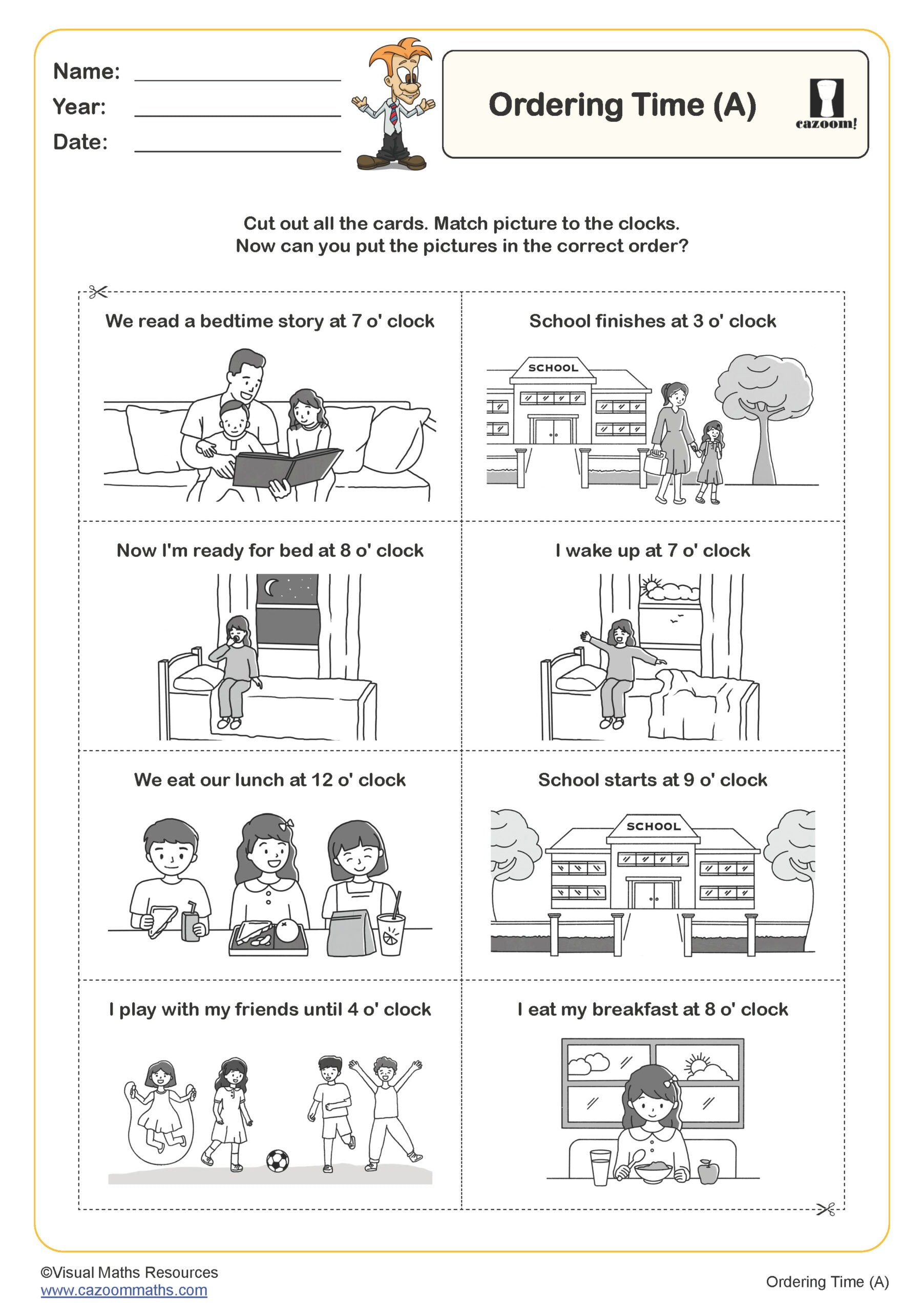
Ordering Time (B)
Year groups: 1
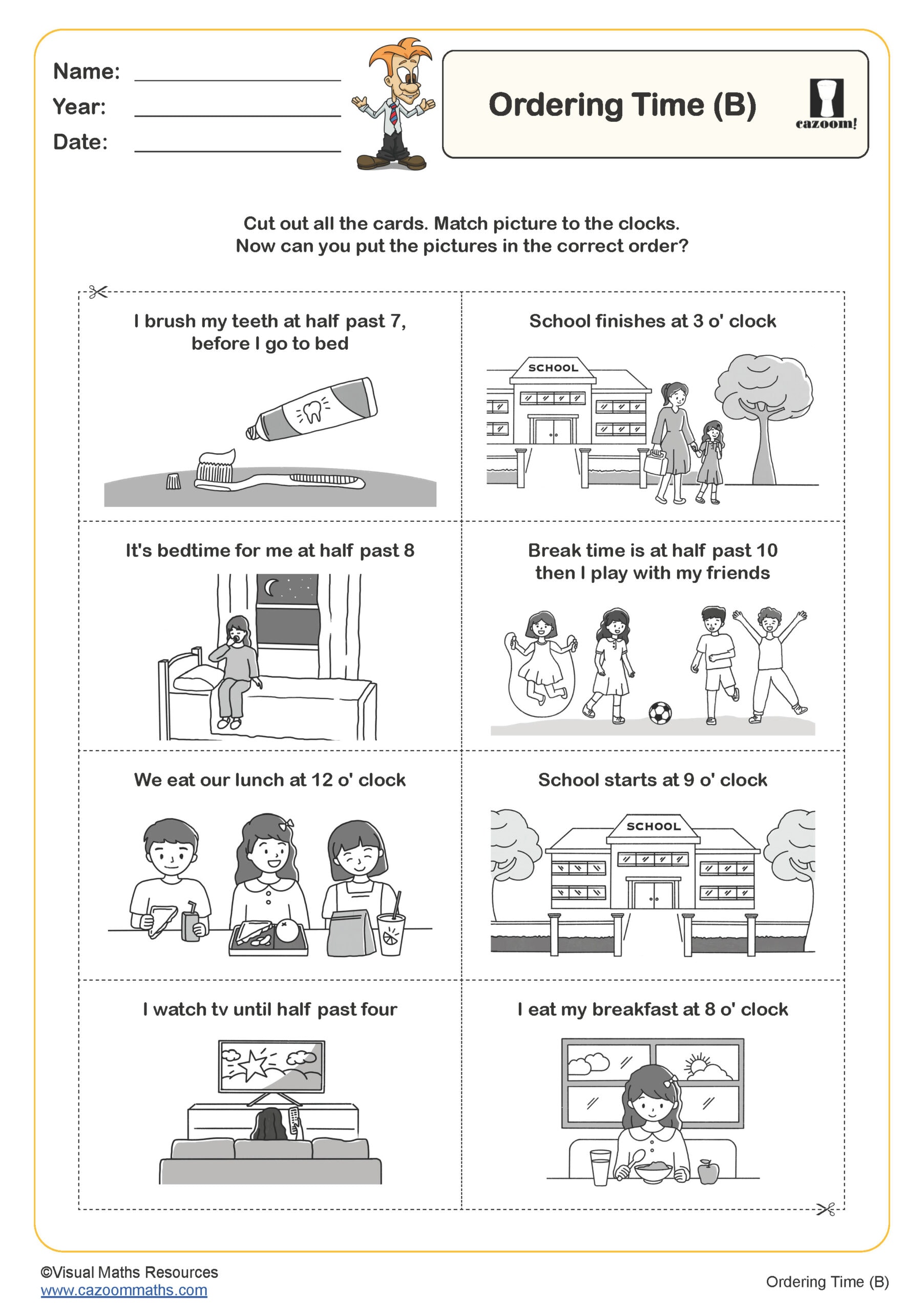
Compare Intervals of Time
Year groups: 2
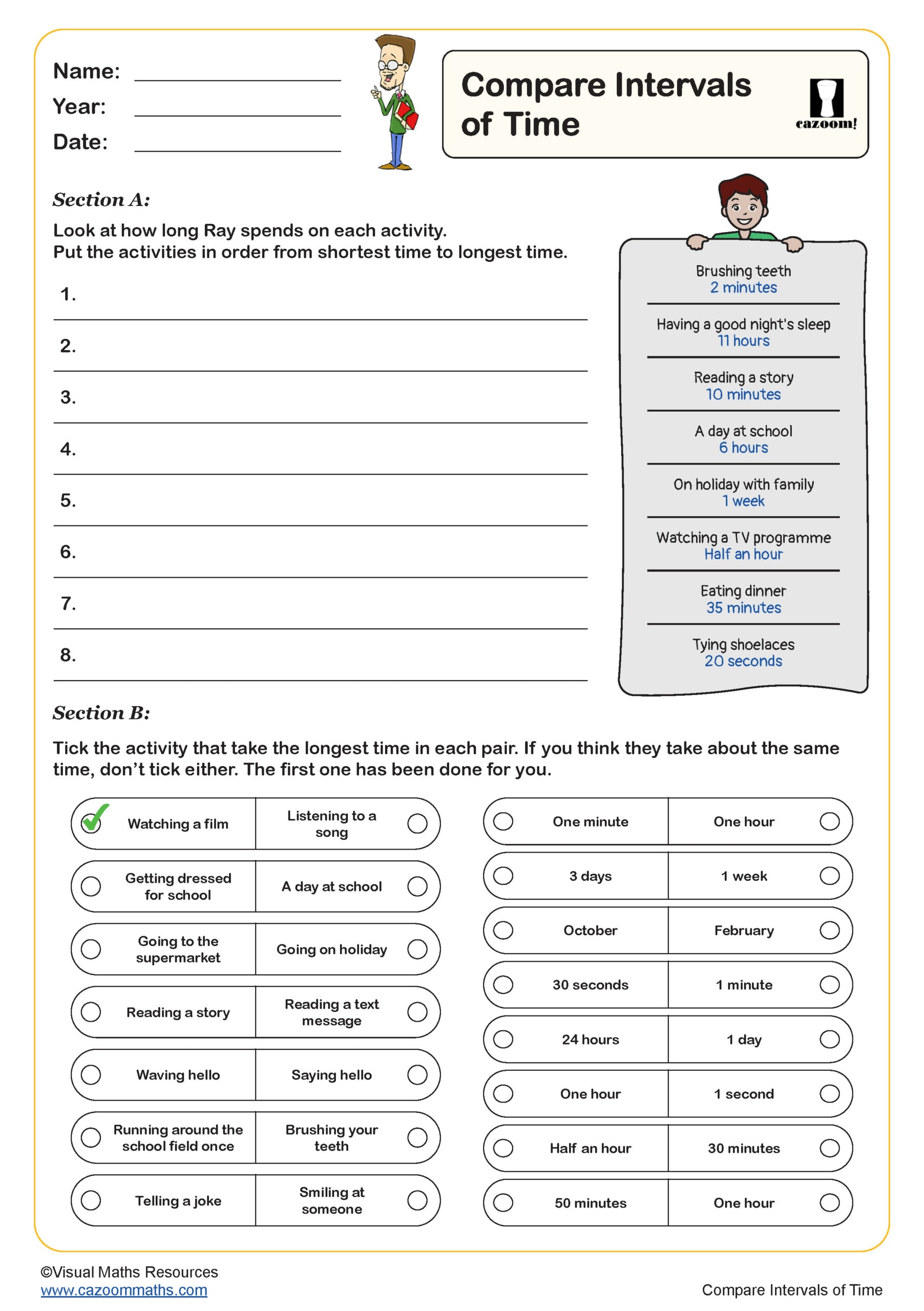
Units of Time (A)
Year groups: 3
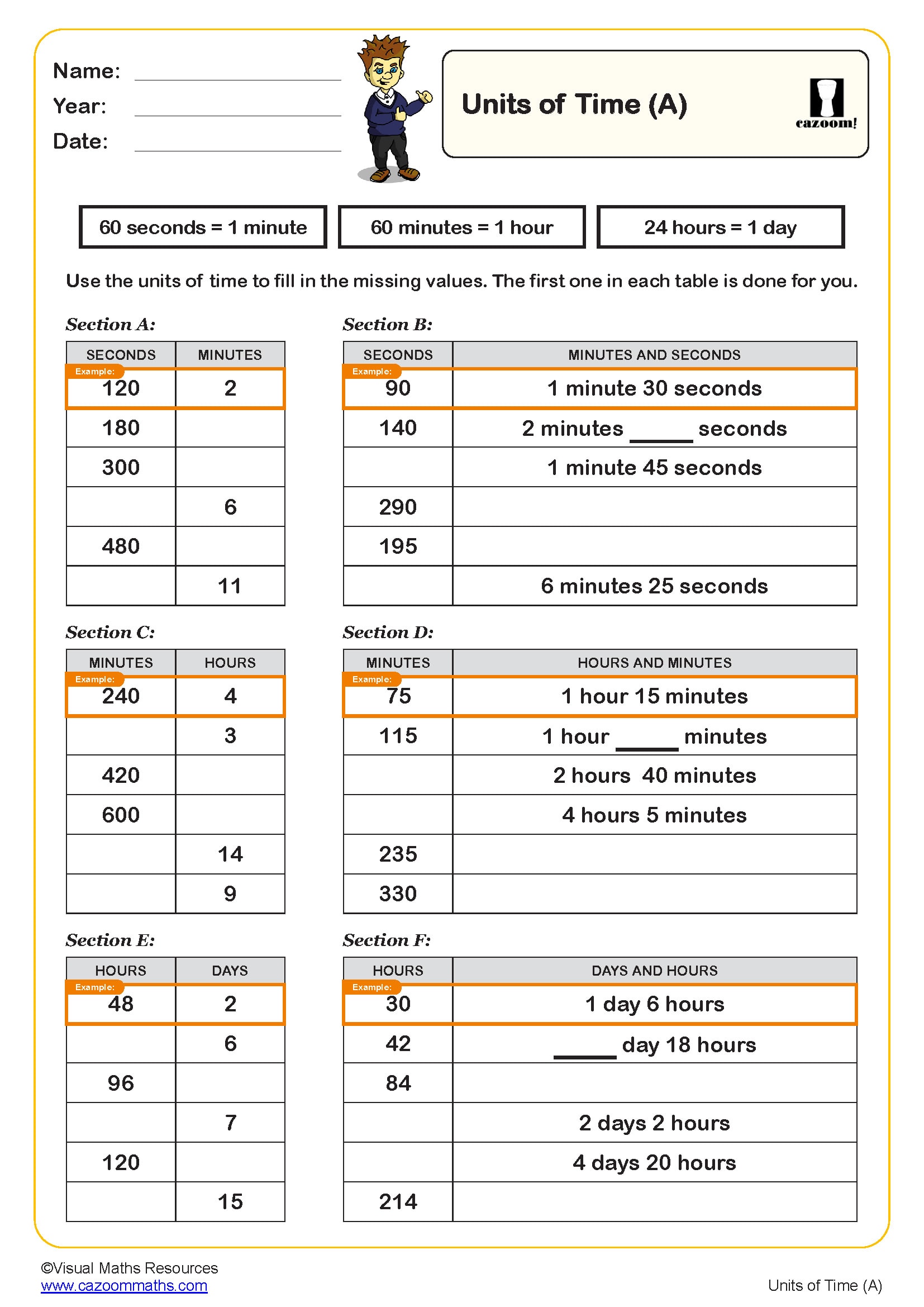
Units of Time (B)
Year groups: 3
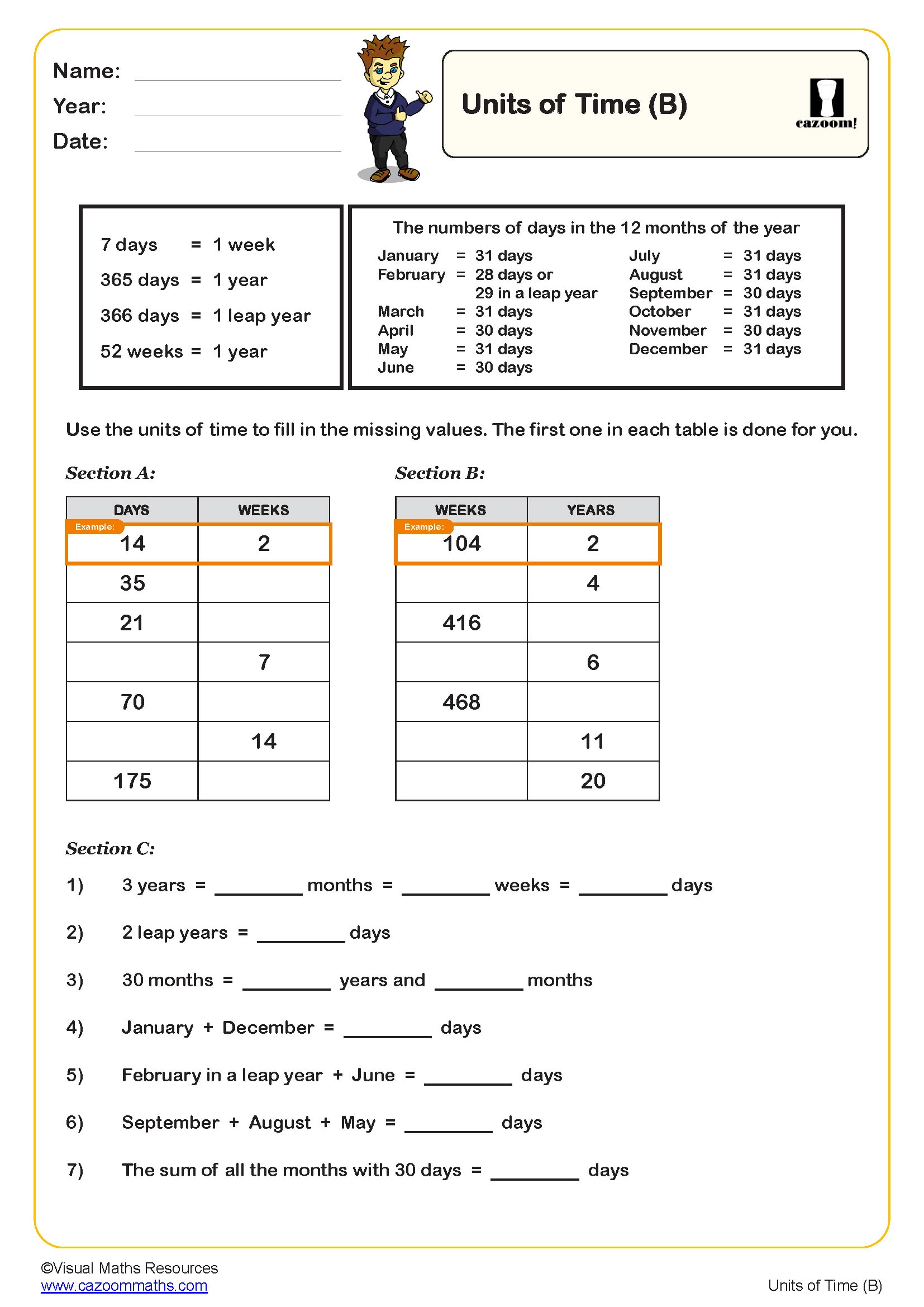
Units of Time (C)
Year groups: 3
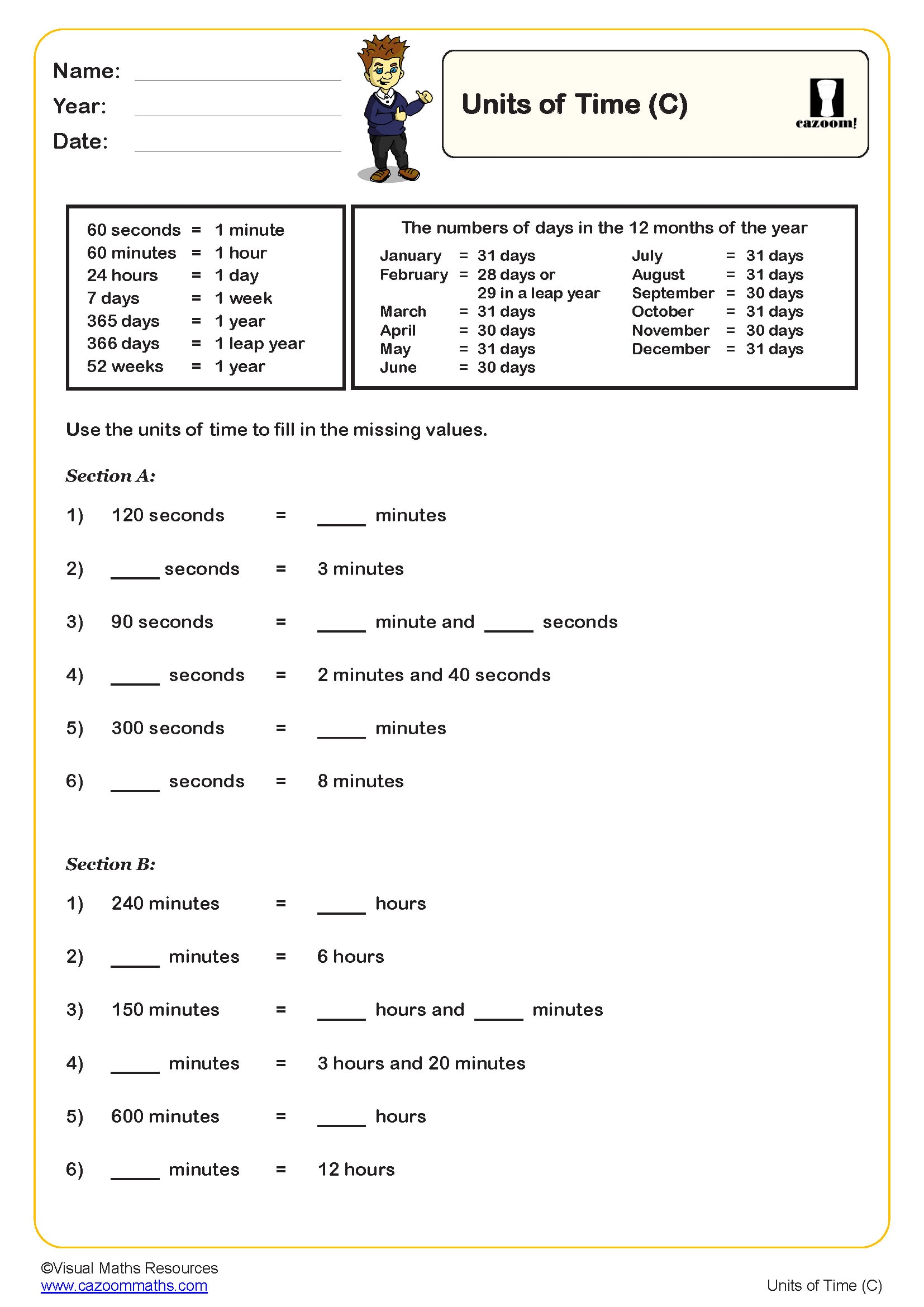
Using a Time Line to Find Durations
Year groups: 3
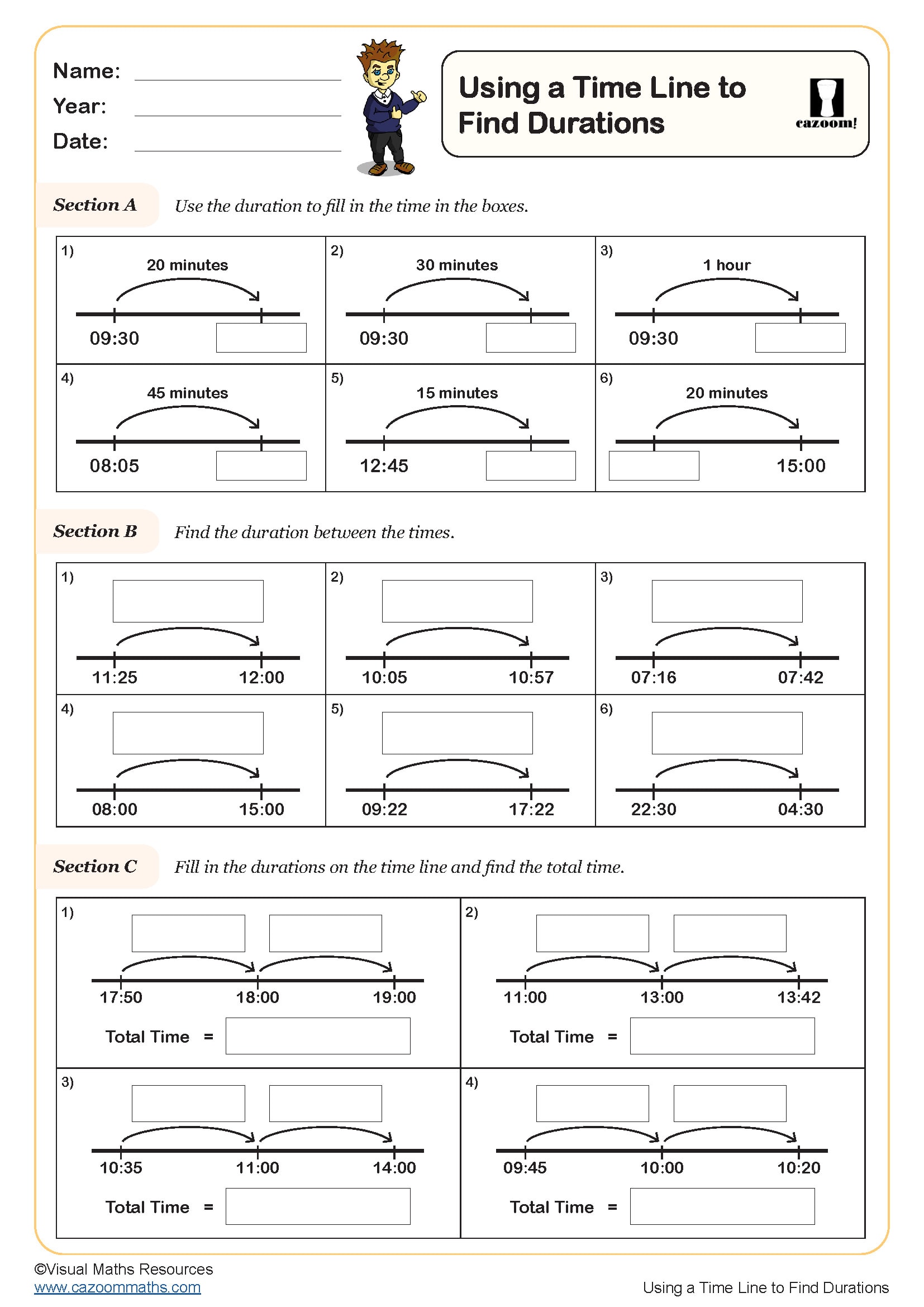
Converting Between 12 and 24 Hour Time (A)
Year groups: 4
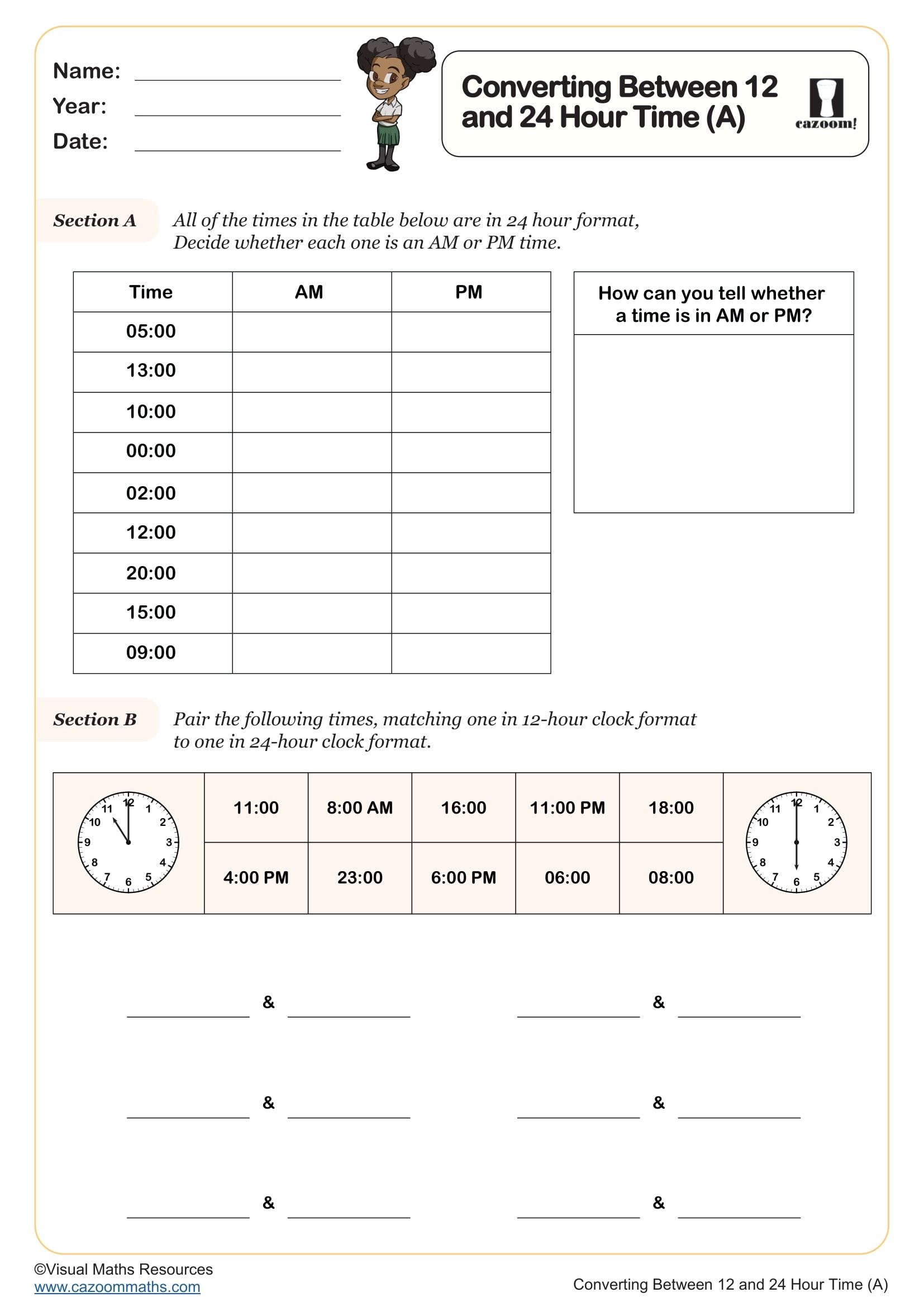
Converting Between 12 and 24 Hour Time (B)
Year groups: 4
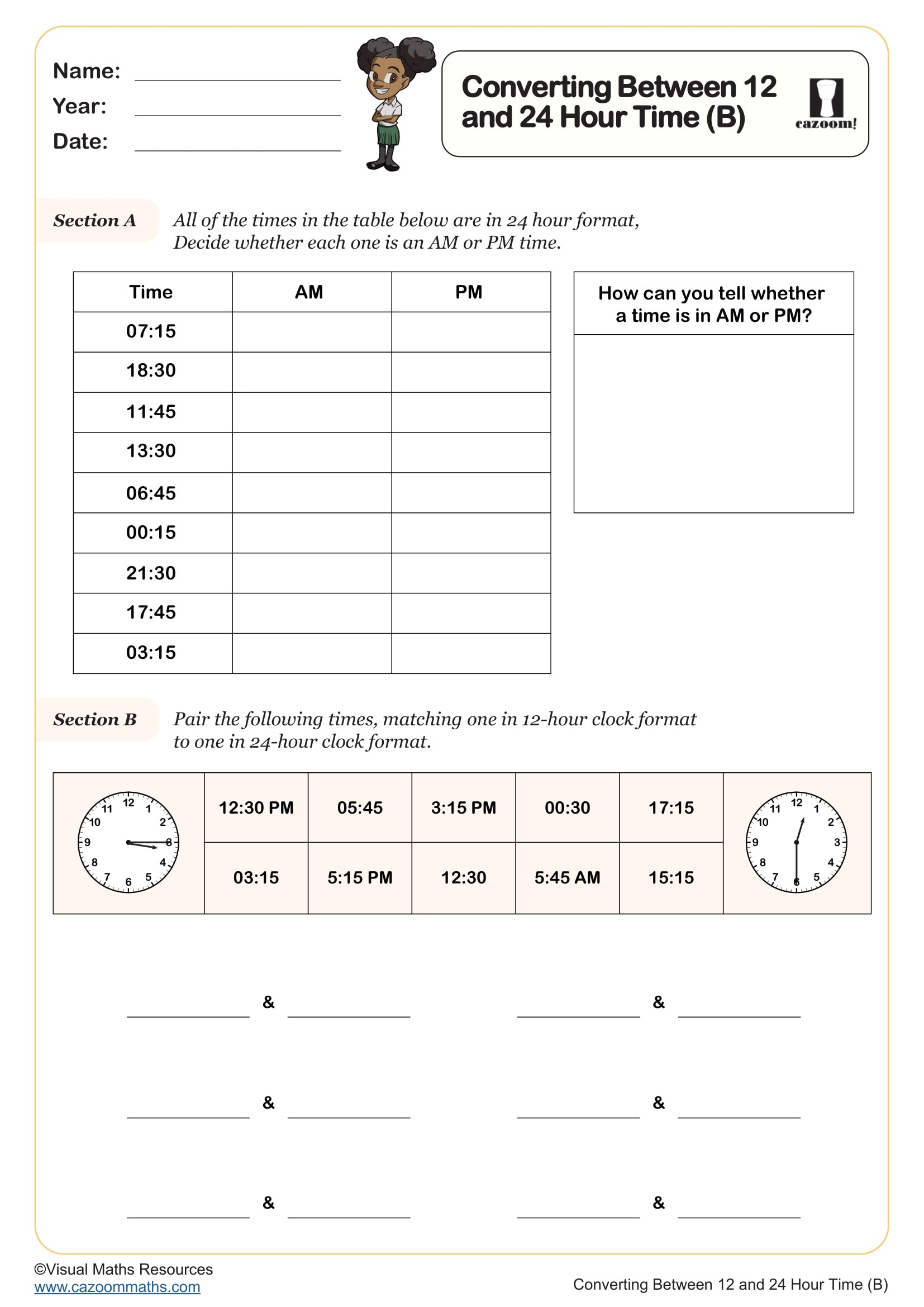
Converting Between 12 and 24 Hour Time (C)
Year groups: 4
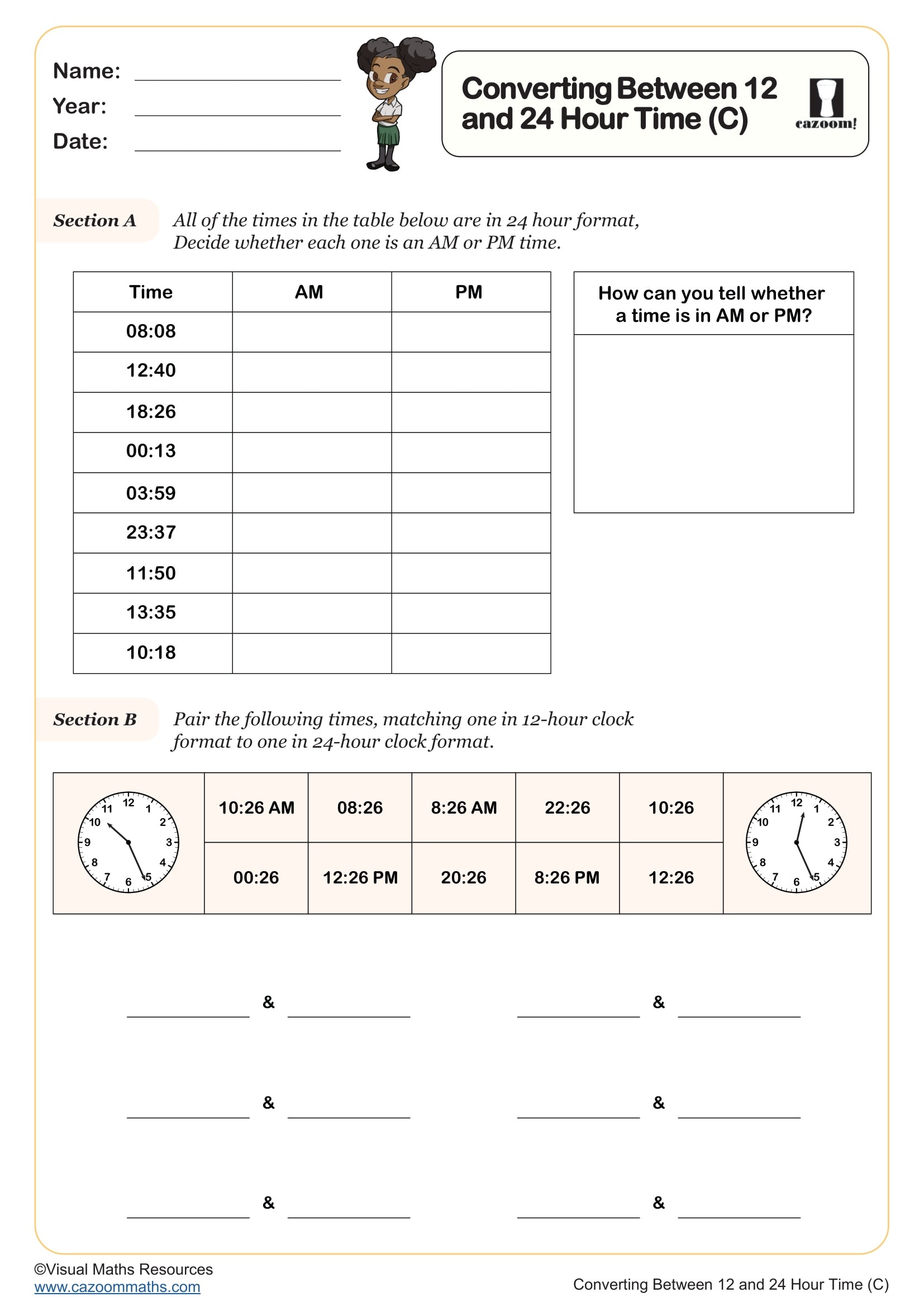
Telling the Time (A)
Year groups: 4
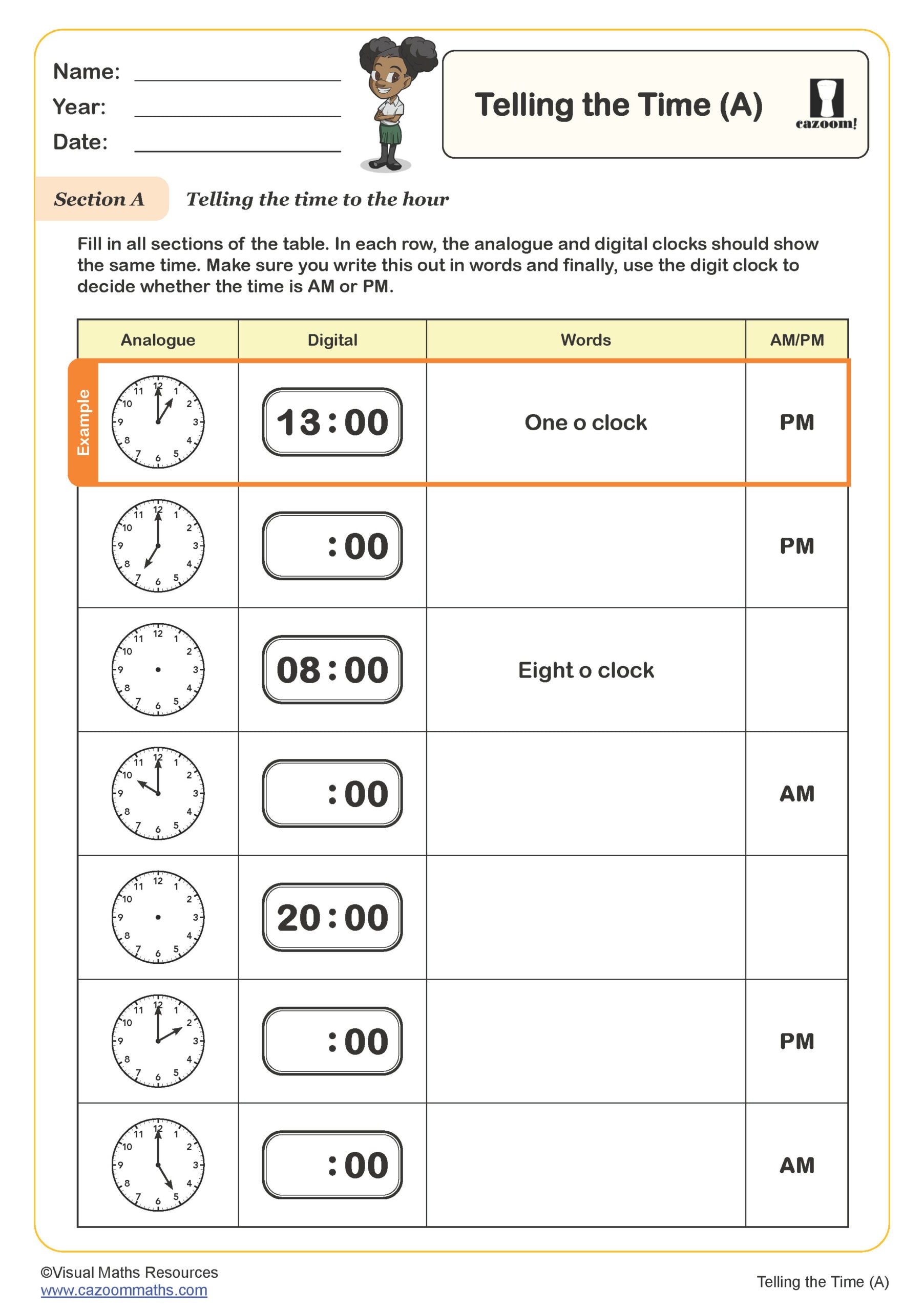
Telling the Time (B)
Year groups: 4
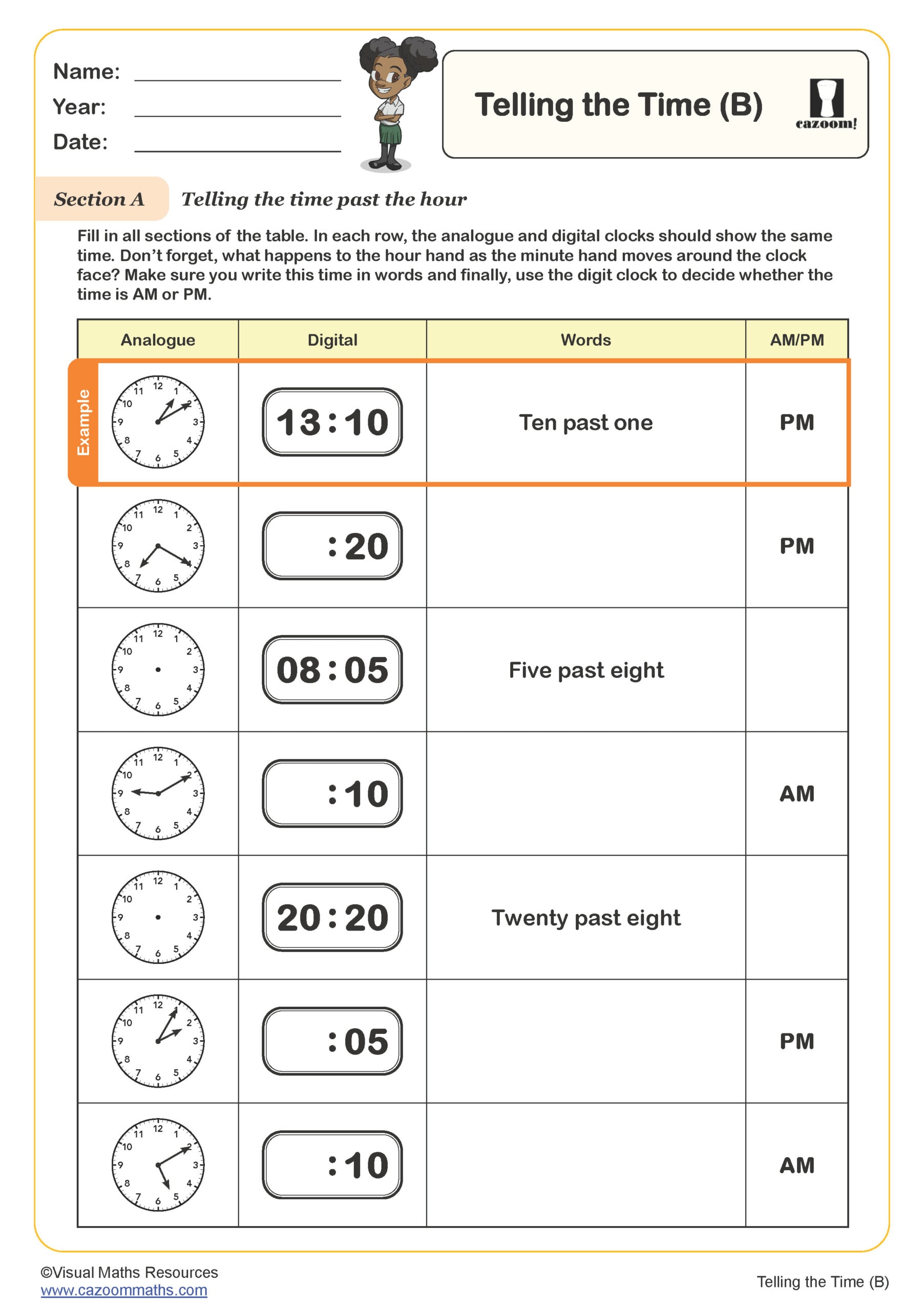
Telling the Time (C)
Year groups: 4
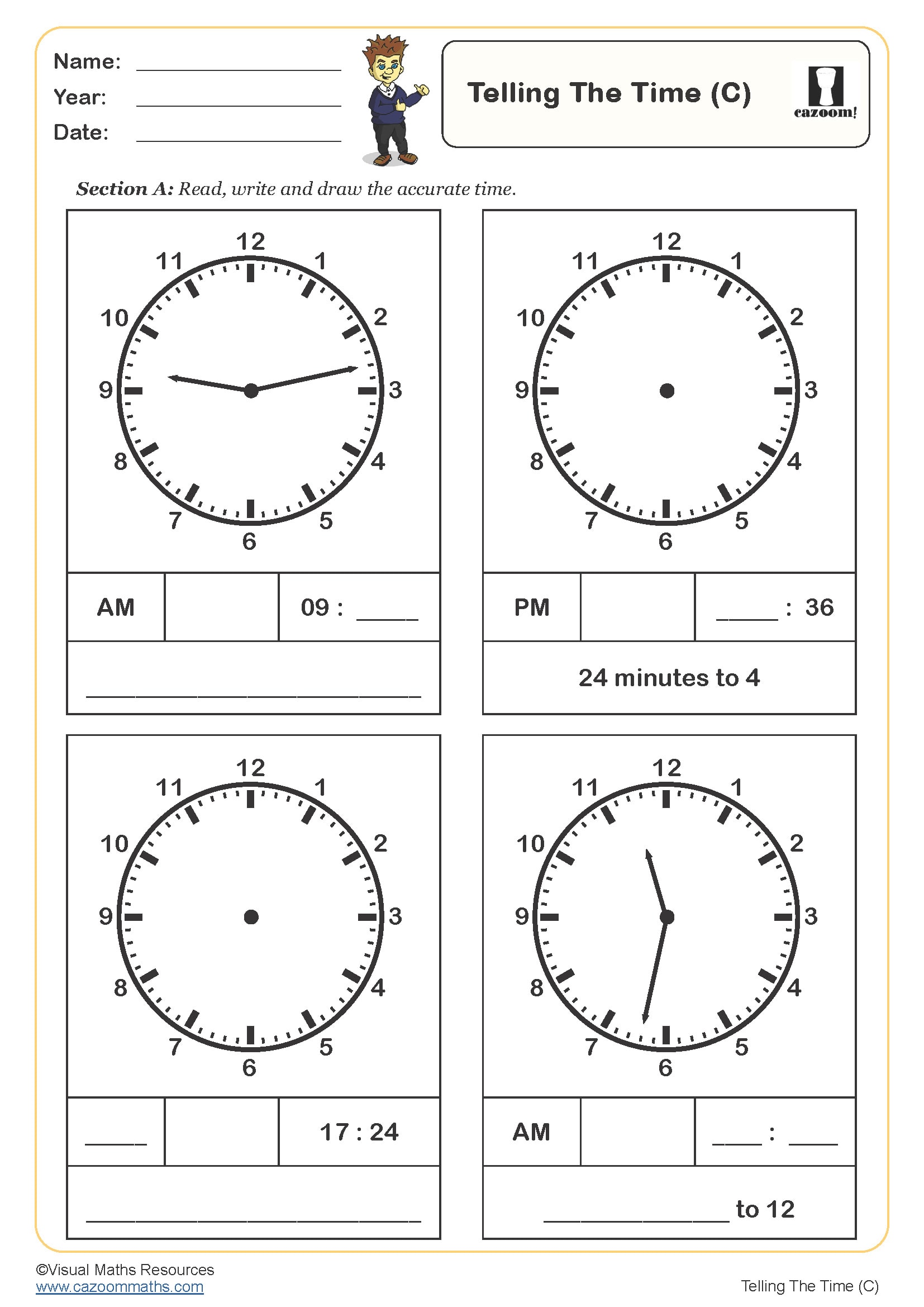
Time Calcualtions (A)
Year groups: 5, 6
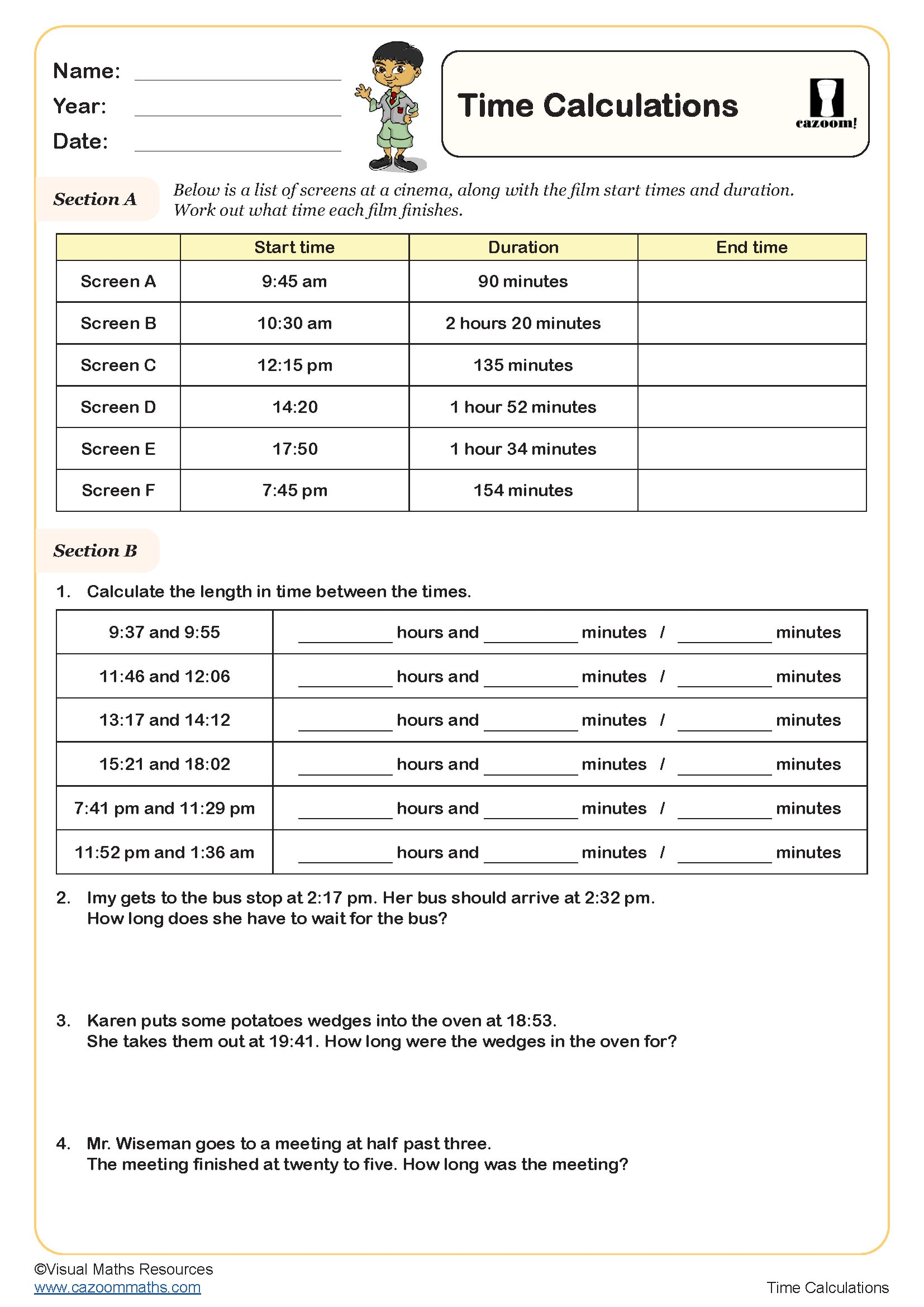
PRINTABLE PDF TELLING THE TIME WORKSHEETS KS2 WITH ANSWERS
Check out our downloadable Time Worksheets KS2 which will improve your student’s knowledge of various mathematical calculations related to time-telling. For example, learning to read digital clocks, ordering dates, hours and events, ordering time, minute intervals, five minute intervals, units of time, time calculations etc. These worksheets are created in easy-to-download PDF format, include answers, and are designed to help young learners better understand and practise their time skills. These worksheets are excellent resources that will make the learning process fun and interesting!
Understanding The Concept Of Telling The Time
The idea of telling time is a skill we use every day. It’s about reading the hands and numbers on a clock. You have the hour hand, minute hand, and 1-12 numbers for an analogue clock. A digital one just shows you a number. If we take the analogue clock example and say that the small hour hand points to three while the long minute hand points to 12, we can deduce it’s three o’clock. On a digital clock, this would show up as 03:00. As life goes on we learn how to interpret time more efficiently like quarter past or half past an hour which makes planning easier.
The Importance of Learning to Tell The Time
Learning how to tell time is important for all aspects of life. It’s not just about knowing when to go to bed or when to wake up — it helps us plan our routine and makes us better at managing our tasks. For kids, this skill will give them independence. They’ll know when it’s time for school, playtime, and even homework. Time is so much more than a 24-hour period that repeats over and over again. It allows us to understand the passage of time and seasons as well as historical events. In other words, it equips individuals and children with a foundational skill that can navigate the many timings and schedules of modern life.
Use of Time-telling In Real Life
In real life, this concept of telling the time is very important and interwoven into almost every aspect of our day. From setting our daily alarm, making travel plans timely, attending a meeting without being late, or even setting the timer while baking a cake, time dictates our every action. Imagine you are a parent who wants to tell your child, “Bedtime is at 8 o’clock,” ensuring a routine. Or you are a commuter who relies on accurate time-keeping to catch trains or buses to your workplace. Even leisure time activities, such as planning cinema timings or booking a gym session, is based on our ability to understand the concept of time-telling. Therefore, understanding the concept of time and learning to tell the time helps us organise, plan, and lead efficient lives.